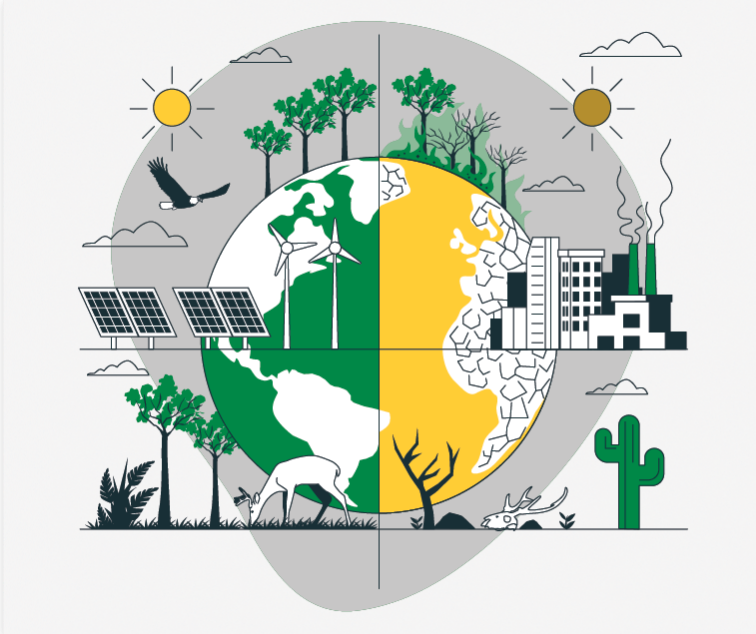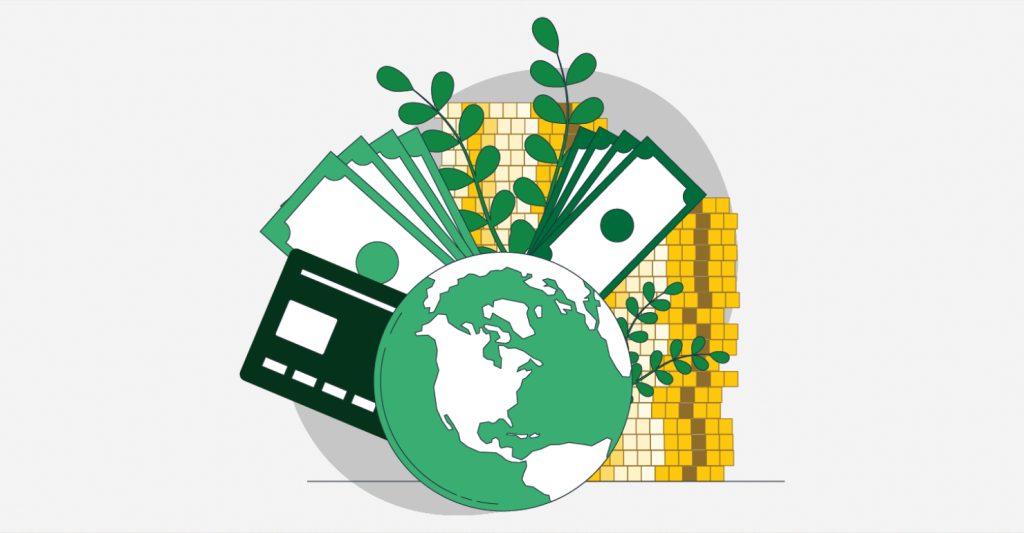OVERVIEW
SEED intends to enhance its footprint in the fight against climate change and is determined to help GoKP steer towards resilient development through comprehensive and dynamic climate change programming for the province.

ACCELERATING GREEN GROWTH IN KHYBER PAKHTUNKHWA

SEED intends to enhance its footprint in the fight against climate change and is determined to help GoKP steer towards resilient development through comprehensive and dynamic climate change programming for the province.

SEED has developed a prioritised and KP-specific investment pipeline for potentially impactful climate change mitigation and adaptation projects in close consultations with key government counterparts. SEED intends to design and connect these projects with international/multilateral climate financing windows to mobilise public/private investment in the province. The pipeline addresses cross-cutting development themes such as food security, WASH, eco-tourism and sustainable urban development. The pipeline also addresses different cross-cutting development themes such as food security, WASH, eco-tourism, urban development and resilient infrastructure.
SEED has entered into an MOU with the Climate Resourcing Coordination Center (CRCC) of the National Rural Support Programme, a GCF-accredited entity, to collaborate in tapping international climate financing windows for SEED’s prioritised climate investment pipeline. These projects include green hydrogen, micro-mini hydel, voluntary carbon markets, and SEZ solarisation.
Both parties agreed to combine their capacities and efforts towards achieving the mutually shared goal of mobilising international climate finance for Khyber Pakhtunkhwa.

The SEED Programme and World Bank mobilised a joint team of experts to conduct KP Climate Change Diagnostic in collaboration with the P&D Department and Environment Department, which would eventually feed into provincial climate change programming. Since the inception report was finalised, SEED has been consulting key counterparts for inputs and insights contributing to the Study, which led to the development of the following modules:
The World Bank and SEED teams have charted the way forward on a potential programmatic collaboration on climate change in KP based on the recommendations of the Study. The programme will aim to provide GoKP support through technical assistance and the mobilisation of climate finance.
To ensure inclusivity and receptivity of the government counterparts on climate change programming, a cross-departmental cohort of up to 40 senior planning and monitoring officers has been nominated across different departments (and attached departments/directorates/units of GoKP).
Three knowledge-building workshops were conducted on climate change, risks, project identification and financing aimed at mitigation and adaptation. Furthermore, a Focus Group Discussion was facilitated by SEED between key government counterparts’ representatives – P&D Department, Finance Department, Local Government Department, Environment & Forests Department and Agriculture & Livestock Departments – involved in policy and planning of climate change interventions.